Research and Policy Media Relations Manager
Gavin draws on more than 25 years of experience in communicating about science, medicine and health policy. She focuses mainly on the health services research done by members of the U-M Institute for Healthcare Policy and Innovation, who work to understand and improve the safety, quality, equity and affordability of health care. As part of the Michigan Medicine communication team, she has lead responsibility for primary care and mental health topics. Contact: [email protected]; Twitter: @Karag


Health Lab
Health insurance costs will go down for many people who buy plans on the federal Marketplace at Healthcare.gov thanks to the American Rescue Plan.
News Release
The University of Michigan Board of Regents today approved the renaming of the U-M Depression Center for Frances and Kenneth Eisenberg and their family, in recognition of their transformational $30 million total giving to depression research and scholarship.

Health Lab
Medicaid expansion in Michigan led to better oral health among enrollees, and some reporters this improved their ability to perform at work or seek a job.

Health Lab
People over 50 have been getting pandemic puppies, dogs and cats, and other companion animals, in 2020 and early 2021, according to a new poll.

Health Lab
As vaccination continues, the power of masks and distancing to prevent the spread of coronavirus is still critical to reducing disease and death from COVID-19

Health Lab
Research on the history of pandemics shaped COVID-19 response, and studying the current pandemic could help reduce future death tolls.
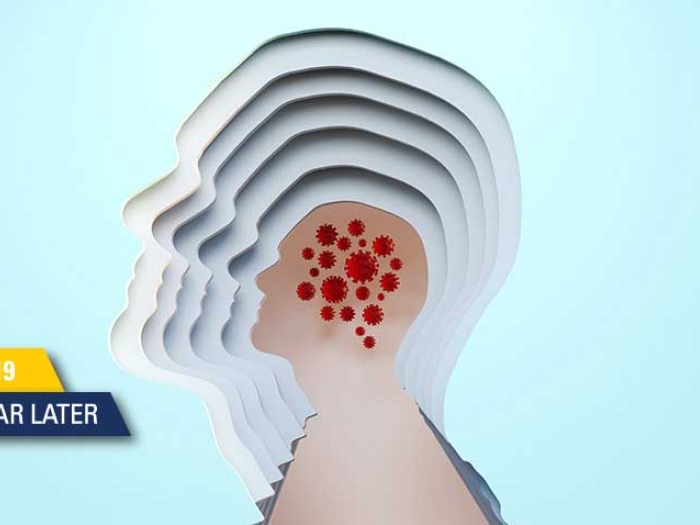
Health Lab
The anniversaries of COVID-19 lockdowns, deaths, and other milestones may hit you and others hard. Tips for coping or preventing distress.

Health Lab
Black, Hispanic and chronically ill adults over 50 are much more likely to say they’ll get the COVID-19 vaccine than before, showing a reduction in vaccine hesitancy in just three months.
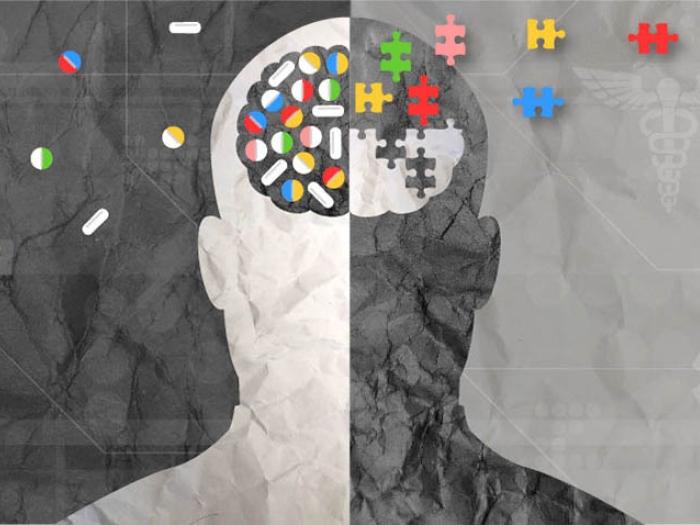
Health Lab
People with Alzheimer’s and other forms of dementia often receive medications for depression, anxiety, agitation, sleep problems, apathy and other behavioral issues. But combinations of three or more can be dangerous.
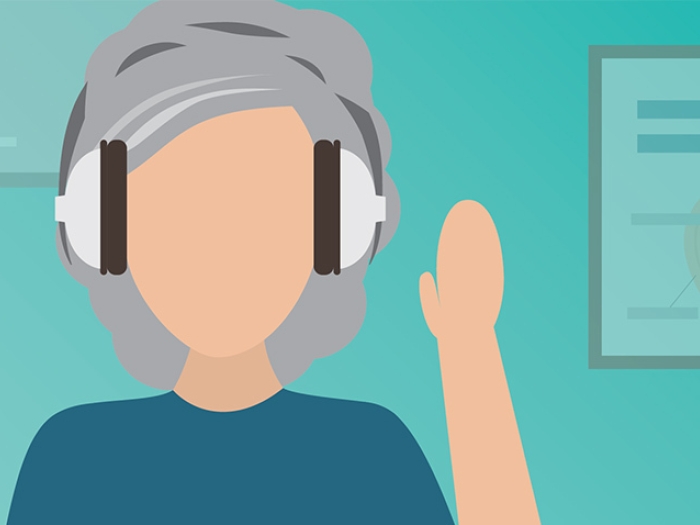
Health Lab
Hearing loss often goes undetected, but many adults over 50 haven’t been screened or tested for hearing problems.
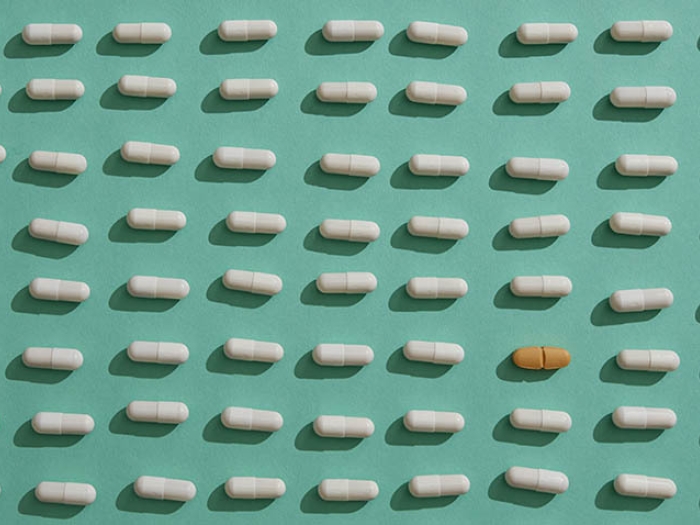
Health Lab
Pharmaceutical companies get special protection from the FDA for orphan drugs aimed at rare diseases, but a study shows high spending for common diseases for some such drugs.
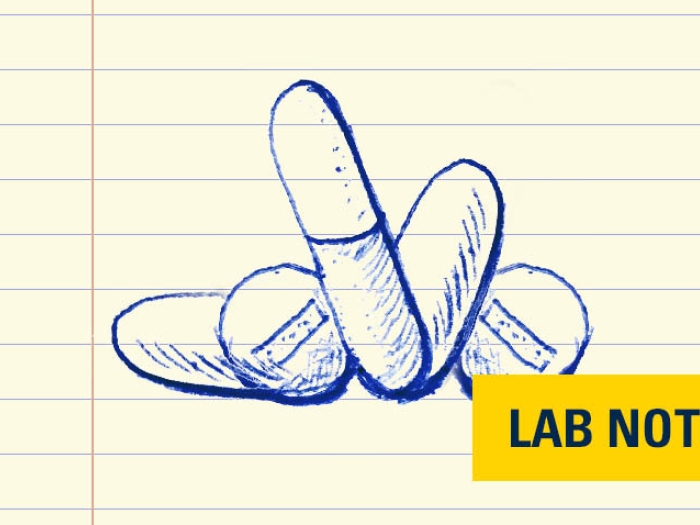
Health Lab
Many take leftover doses from previous prescriptions, and expect new prescriptions for non-bacterial illness.

Health Lab
Hospital care for COVID-19 has been free to most patients but insurance companies may be ending that; a study of flu-related hospital bills suggests a coronavirus hospital stay could now cost $1,000 on average.

Health Lab
Irregular sleep schedules can affect mood and risk of developing symptoms of depression according to a study of first-year medical residents that used Fitbits and smartphones.
News Release
U-M Depression Center’s leadership passed to a new generation, as the U-M Board of Regents approved Srijan Sen, M.D., Ph.D., as its next director.